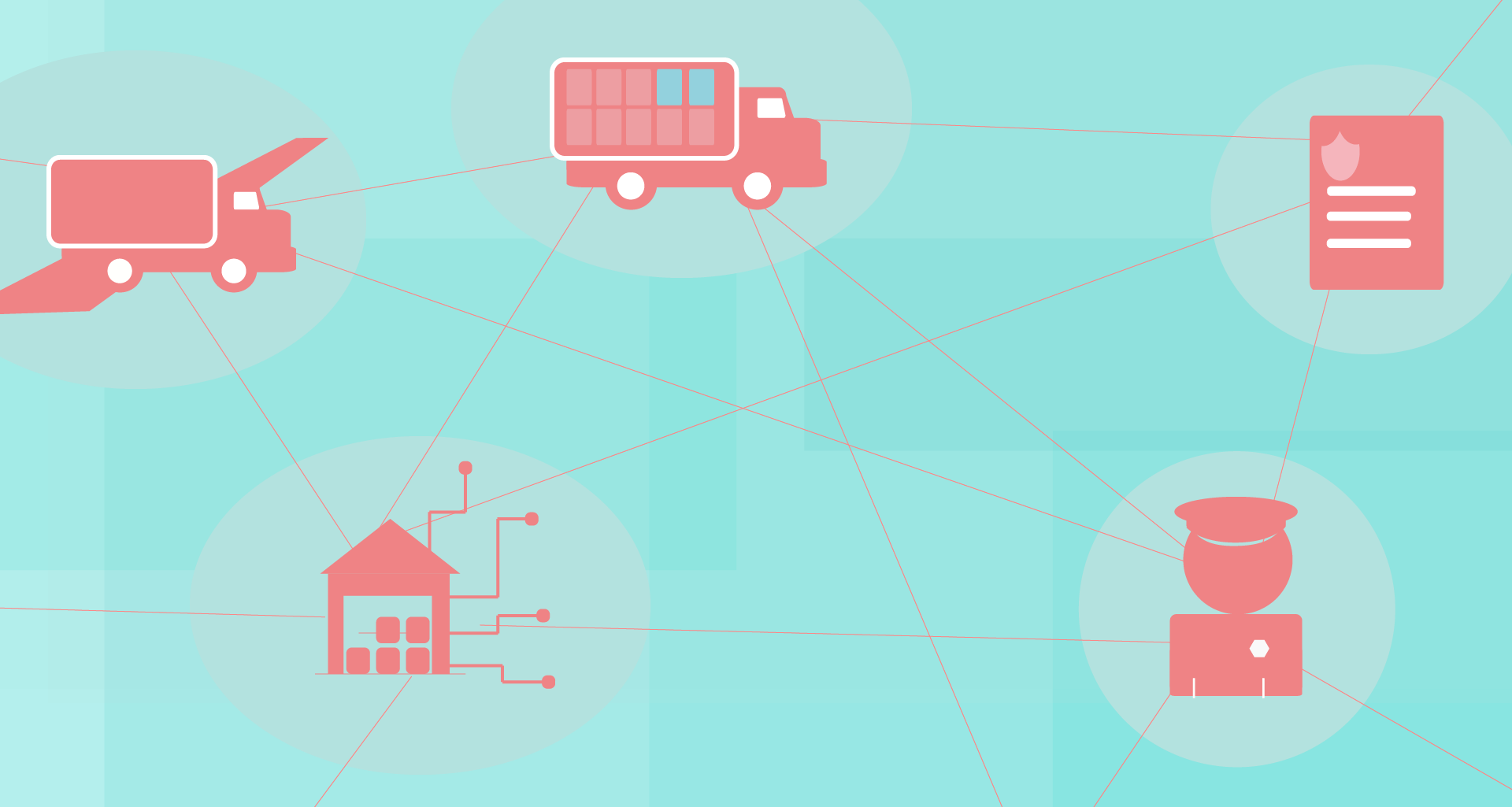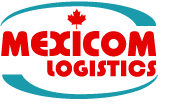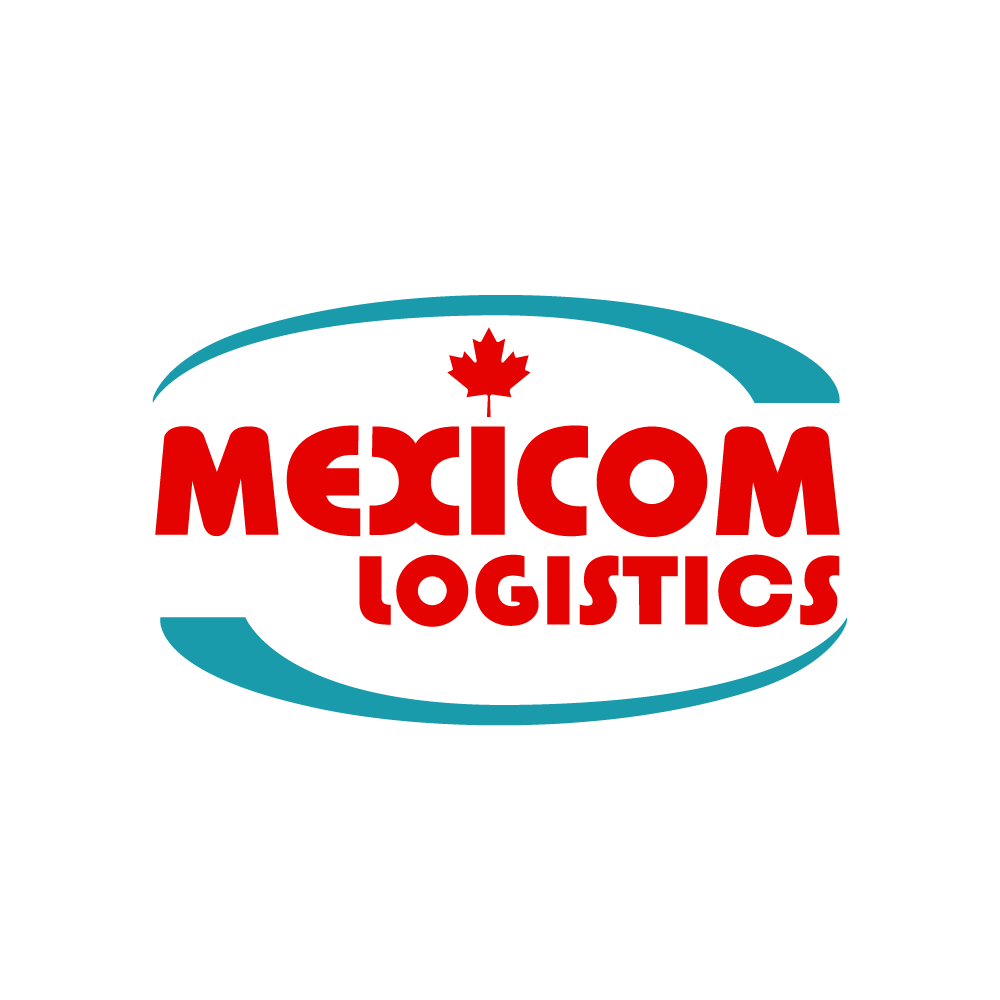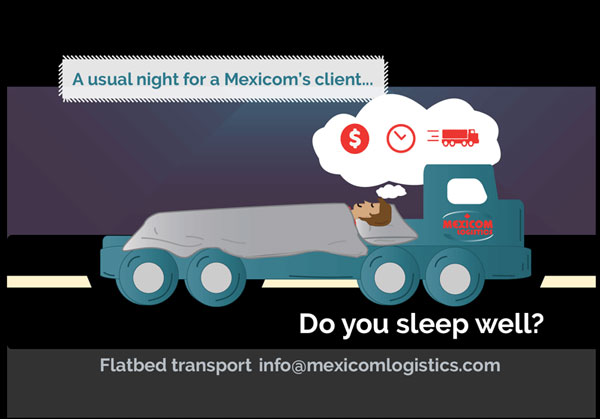Understanding the Blockchain and its impact on the supply chain
The blockchain technology was originally designed for cryptocurrencies or bitcoins, however, its uses are already being extended to different industries such as logistics and supply chain, entertainment, insurance, real estate, etc. Blockchain technology is revolutionizing the way businesses operate to offer greater transparency and information security.
What is blockchain technology in simple terms?
If you have used Google Docs in the past, it will be very easy to understand the concept of the blockchain. In Google Docs, different users have access to the same document from different devices and each one can add information simultaneously so that each user can access the updated document in real time.
The same happens with the blockchain, which is a database shared among multiple users, each user can add entries and each new entry is called a block. The database is constantly being updated by blocks on all devices, allowing all users to have an updated copy of the database.
Users can add entries and access the database, but they can not change or delete any of the existing blocks. Each block is identified with a timestamp and is linked to the previous block. If one of the copies stored in one of the devices is hacked, there will be other copies that will still be safe and will continue to be updated in blocks.

Blockchain in the supply chain
The blockchain technology makes the supply chain more secure, efficient and transparent, which contributes to having an agile supply chain. “Agility has to do with the responsiveness of the client, people, and information, cooperation between companies and adaptation to change.” To be truly agile, a supply chain must have a number of distinctive features that include: market sensitivity, virtuality, process, and network integration. ” In this sense, having transparent processes, with shared information, can increase efficiency, response times and the overall agility of our supply chain.
We know that supply chains are complex and can spread to multiple geographical points, with a high number of transactions. One of the uses of technology is through the simplification of such transactions since it allows the transfer of funds to any geographical point without the need to use traditional banks. Payment through cryptocurrencies is already being implemented by automobile manufacturers.
Blockchain will help to have a detailed record and real-time tracking of the products that are transported as they go through each of the nodes in the supply chain. In addition, it allows having more control over the origin of the products. An example of these advantages is when the technology helps to locate and to track a certain batch of contaminated food. Companies such as Walmart or Nestlé are already implementing the technology.
Reducing costs is another advantage. “According to a survey of supply chain workers conducted by APQC and the Digital Supply Chain Institute (DSCI), more than one-third of people cited reduction of costs as the topmost benefit of application of Blockchain in supply chain management.”
Increase in confidence on the part of customers and suppliers is another of the advantages of the blockchain technology. The blockchain allows companies to transparent their processes of maintenance, transformation, assembly, delivery, as well as the origin of raw materials with which they produce their products, this contributes to increase business ethics and the confidence of customers.
In addition, by increasing transparency in processes and payments, thanks to blockchain technology, audit processes, and internal information validation processes are reduced.
In general, the blockchain increases trust among all those involved in the supply chain eliminates information bias and contributes to greater control and efficiency of the processes.
Sources
https://www.researchgate.net/publication/290158643_Agile_supply_chain_Strategy_for_competitive_advantage
https://searchdatacenter.techtarget.com/es/definicion/Blockchain
https://www.investopedia.com/terms/b/blockchain.asp
https://www.oreilly.com/ideas/understanding-the-blockchain
https://www.supplychain247.com/article/why_blockchain_is_a_game_changer_for_the_supply_chain
https://www.forbes.com/sites/bernardmarr/2018/03/23/how-blockchain-will-transform-the-supply-chain-and-logistics-industry/#688483015fec
https://retos-operaciones-logistica.eae.es/blockchain-la-revolucion-llega-a-la-cadena-de-suministro/
https://hackernoon.com/how-is-blockchain-disrupting-the-supply-chain-industry-f3a1c599daef
Reliable flatbed freight shipping across
Mexico, the USA, and Canada.
info@mexicomlogistics.com | + 1 514 667 0174











Good information